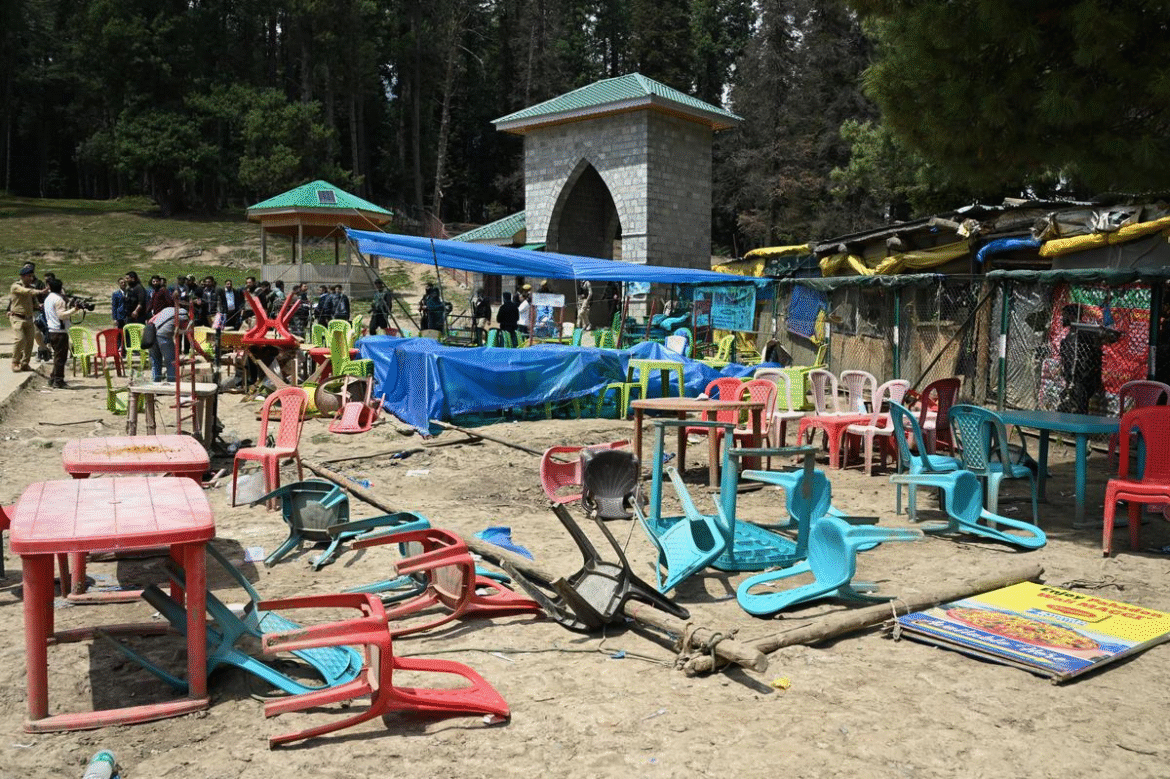AI Generated Summary
- In a strong show of unity against global terrorism, the foreign ministers of the Quad — a strategic partnership of the United States, India, Japan, and Australia — have unequivocally condemned the April 22 terror attack in Jammu and Kashmir’s Pahalgam that claimed 26 lives, including one Nepali national.
- The grouping is widely seen as a strategic counterbalance to China’s influence in the region, but Tuesday’s statement underlines that terrorism remains a top concern for all four nations.
- While the statement stopped short of naming Pakistan, it referred pointedly to “cross-border terrorism” and demanded accountability for the deadly assault — a reference widely interpreted as a rebuke of Pakistan’s alleged involvement.
In a strong show of unity against global terrorism, the foreign ministers of the Quad — a strategic partnership of the United States, India, Japan, and Australia — have unequivocally condemned the April 22 terror attack in Jammu and Kashmir’s Pahalgam that claimed 26 lives, including one Nepali national.
Meeting in Washington D.C. on Tuesday, the four ministers issued a joint statement emphasizing their collective resolve to combat terrorism in all its forms. While the statement stopped short of naming Pakistan, it referred pointedly to “cross-border terrorism” and demanded accountability for the deadly assault — a reference widely interpreted as a rebuke of Pakistan’s alleged involvement.
“We condemn in the strongest terms the terrorist attack in Pahalgam, Jammu and Kashmir… which claimed the lives of 25 Indian nationals and one Nepali citizen,” the statement read. “We call for the perpetrators, organisers, and financiers of this reprehensible act to be brought to justice without any delay.”
India has maintained that the attack was orchestrated with the backing of Pakistan-based groups, accusing its neighbor of providing financial and logistical support to the assailants. The Quad’s use of the phrase “cross-border terrorism” signals diplomatic backing for India’s concerns, even without a direct naming of Islamabad.
The meeting was attended by U.S. Secretary of State Marco Rubio, Indian External Affairs Minister S. Jaishankar, Australian Foreign Minister Penny Wong, and Japanese Foreign Minister Takeshi Iwaya. Their unified stance on terrorism comes at a time of heightened global attention on the Indo-Pacific region and growing emphasis on regional security cooperation.
The Quad statement also urged all UN member states to fulfill their international obligations in combating terrorism, referencing the need for cooperation under international law and United Nations Security Council resolutions. Notably, Pakistan currently holds the rotating presidency of the UN Security Council as a non-permanent member — a position that puts additional scrutiny on its global responsibilities.
While the Pahalgam attack dominated the counterterrorism portion of the talks, the broader Quad agenda continues to focus on a free and open Indo-Pacific, maritime security, and technological collaboration. The grouping is widely seen as a strategic counterbalance to China’s influence in the region, but Tuesday’s statement underlines that terrorism remains a top concern for all four nations.
The foreign ministers’ meeting sets the tone for the upcoming annual Quad Leaders’ Summit, where heads of government from the four countries — including the U.S. President and Prime Ministers of India, Japan, and Australia — will converge to further shape the group’s global agenda.
For India, the strong language from the Quad marks a significant diplomatic win as it continues to build international pressure over cross-border terrorism emanating from Pakistani territory.




